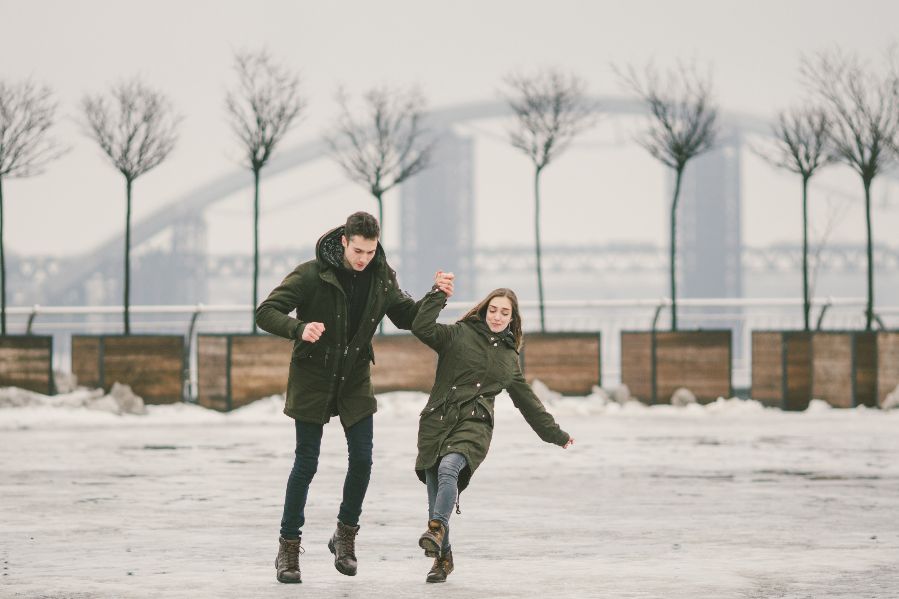
Winter weather accidents
What should you be looking out for?

Winter weather conditions obviously increase the risk of accidents. So we all need to be more cautious when conditions change. There are some things you, and your employers, can do to help to ensure your safety.
We have acted for countless individuals in claims for damages against employers who have failed to take care during winter conditions and have allowed avoidable accidents to happen. Very recently, we successfully represented a claimant who injured his shoulder following a slip on ice on external stairs at his place of work. The stair had not been gritted or salted. The area was poorly lit, and there was no handrail. His employer argued simply that he ought to have been aware of the icy conditions and taken care for his own safety. That was not a valid defence. The primary duty was the employer’s. Ultimately, they settled the case for £15,000.
Owners of premises should be aware of risks from adverse weather to any individual on site. Such was the case in LC -v- Edinburgh City Council. This case concerned a mum and child walking across a school playground to enter the building when suddenly an external sign blew off in a gust of wind and caused a head injury. When considering matters, Sheriff Mackie opined that it ought to have been reasonably foreseeable that fixtures attached to an external wall would deteriorate over time, and the sign would have become unsafe. She highlighted that the Council had failed to carry out a risk assessment. Had they done one, they would have identified the lack of maintenance and been in a position to fix it and avoid such an accident.
The importance of a risk assessment for adverse weather was highlighted in the Supreme Court decision of Kennedy v Cordia in 2016. Ms Kennedy was a carer, visiting the elderly during a spell of very severe snowy weather. She was injured when she slipped on snow on the way to a client’s house. It was held that her employers failed to carry out a suitable assessment. Had they done so, they would have identified the need to provide personal protective equipment (PPE) such as non-slip shoe coverings. What was important in this case was that Ms Kennedy had no choice but to be out in the bad snow, to carry out her important job of providing care in the community. Against that background, in failing to provide PPE, her employers failed to take reasonable for her safety. They were found liable in damages.
You might think it’s just your own fault or bad luck if you have an accident because of very poor weather, but the above cases hopefully reveal that it all depends on the particular facts and circumstances.
If you have any questions on the issue of making a claim following an injury sustained in adverse weather conditions, please contact us for a confidential discussion.
Contact us
- Email us
- Call our personal injury claims team free on 0808 560 0872
- Arrange a callback by using our enquiry form
Share this page
- Personal injury claims
- Our personal injury team
- How to make a personal injury compensation claim
- How to choose a personal injury solicitor
- Claim now
- Personal injury claim calculator
- How claims are valued
- Frequently asked questions
- Types of personal injury claim
- How to sue someone in the Scottish courts
- Recent successes
- Case studies
- Testimonials
- Injury Compensation Alliance

